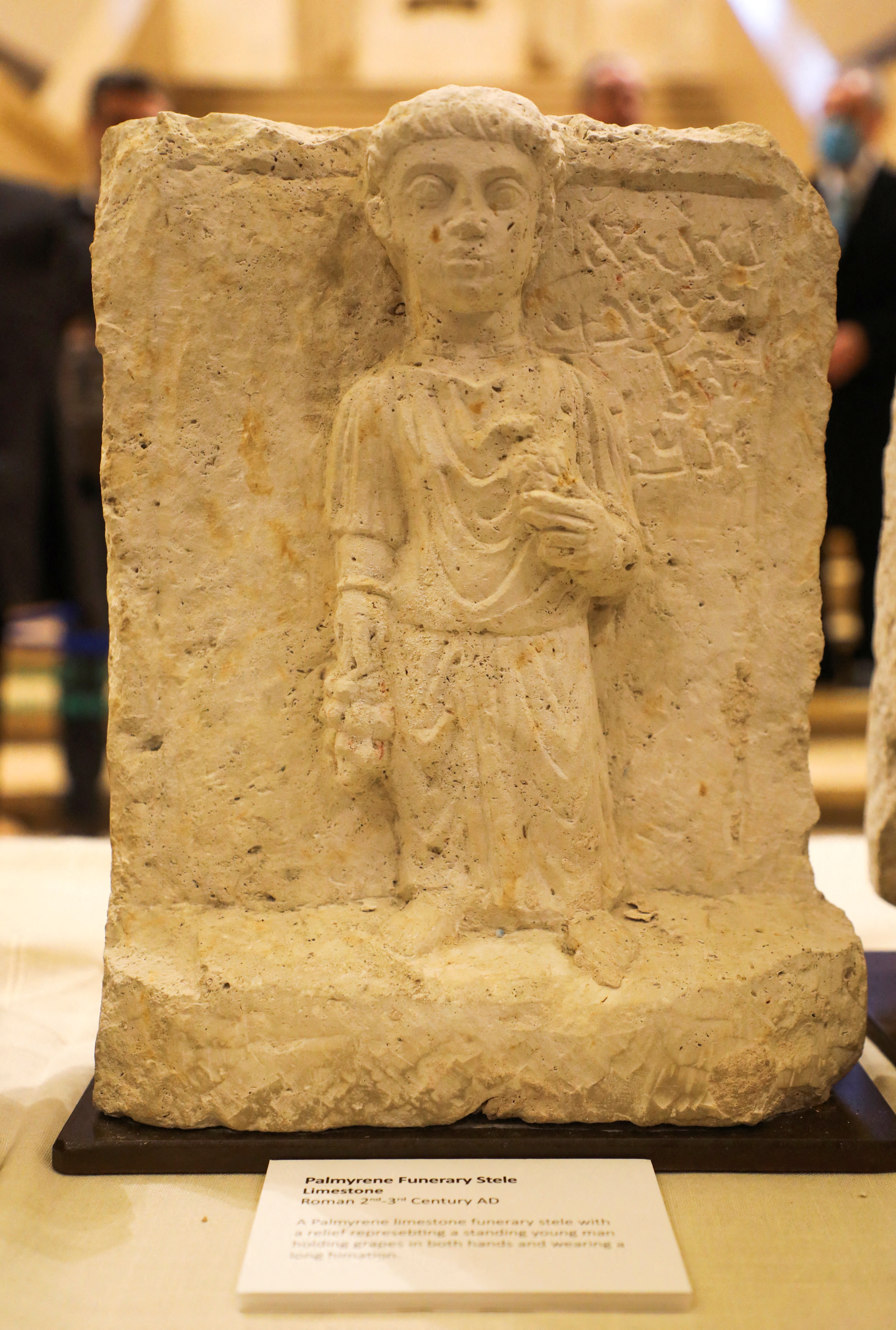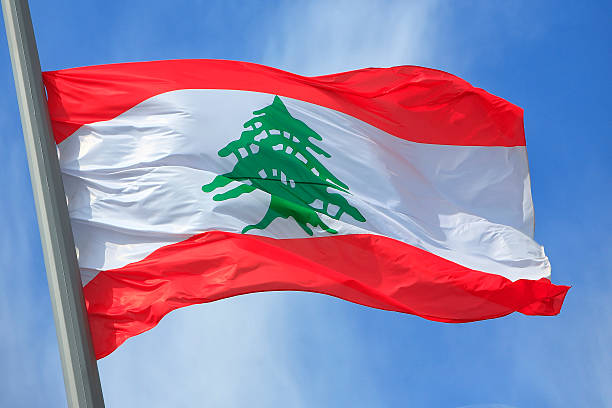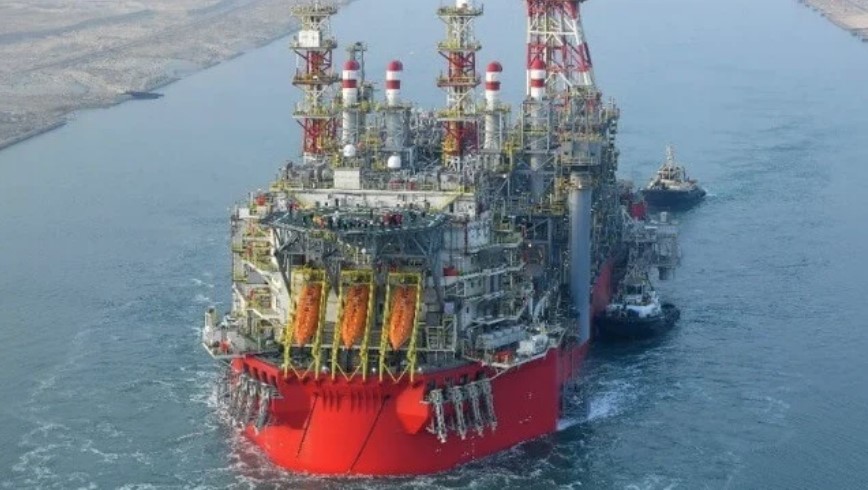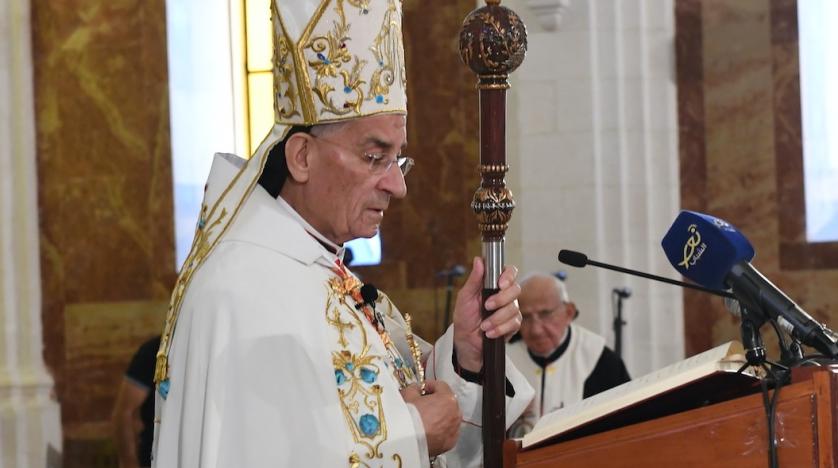
by thenationalnews.com -- US authorities have issued an arrest warrant for a Lebanese collector who for years advised investigators trying to clamp down on the trafficking of stolen antiquities. Georges Lotfi, 81, has been charged by a New York court with 24 counts of criminal possession of stolen property. His address is listed as a post box in Tripoli, Lebanon, but Mr Lotfi also has properties in New York, France and elsewhere. According to the affidavit filed earlier this month, Mr Lotfi had served as a “valuable source of information on numerous antiquities-smuggling investigations”. “Over the years, the defendant has provided me with detailed information about looting practices globally,” Robert Mancene, a Homeland Security special agent, said in the affidavit.
Mr Mancene said Mr Lotfi “has demonstrated not only his intimate knowledge of the illegal trade in antiquities from the Middle East and North Africa, but also his acute awareness of the hallmarks of looted antiquities from his extended involvement in buying, selling, or otherwise dealing in antiquities — thereby revealing to me his awareness of the stolen nature of his own antiquities”. 'They turned against me' Mr Lotfi also had a long-standing relationship with Matthew Bogdanos, head of the Manhattan district attorney’s Antiquities Trafficking Unit (ATU). Mr Lotfi said he was “not a smuggler” but “a collector”. “I was fighting with them for 10 years to stop illicit trading and they turned against me,” he told the New York Times. The investigation by the ATU began indirectly in July 2017, Mr Mancene said.

by english.aawsat.com --- Nazeer Rida --- Lebanese political blocs have kicked off “cautious” efforts to discuss potential presidential candidates to succeed Michel Aoun, whose term ends in around 80 days. In general terms, the president is expected to be “open” to all parties and blocs, enjoy “internal political consensus”, and be able to address the international community and put Lebanon “on the right track to recovery”. The presidential election needs the attendance of two thirds of the 128-member parliament to meet the desired quorum. A candidate is declared a winner after reaping over two thirds of votes in the first round. This usually demands agreements between various political blocs, rivals and allies alike. Discussions to reach such agreements started about a month ago.
MPs of the civilian protest movement for change have in recent weeks discussed the characteristics of potential candidates without delving into names, said sources monitoring the discussions. Some of the 13 Change lawmakers are in contact with opposition political forces and others to garner their views and attempt to reach possible understandings over the elections, the sources told Asharq Al-Awsat. The Change MPs are in agreement with traditional political forces over some issues and disagreement over others, namely that the president must not be a partisan or military figure. The latter position clashes with the Lebanese Forces that supports the nomination of army commander Joseph Aoun if consensus is reached over him.
Some Change MPs agree with the LF, Kataeb and Progressive Socialist Party over a candidate who is “sovereign” - meaning a figure not affiliated with Iran - and supports the independence of the judiciary, which they view as the foundation of any state seeking transparency and accountability and that wants to combat corruption. They are also aspiring for a president who would approve the financial and economic recovery plan. The Change MPs have stressed their openness to all non-partisan figures. Change MP Ibrahim Mneimneh told Asharq Al-Awsat that the discussions have not been completed yet. He said he wants the election of a president who will pursue reform and has a political and economic vision that “gives hope to the people.”

by middleeasteye.net -- The Lebanon-based buyer of the first grain shipment to depart Ukraine since Russia’s invasion has refused to purchase the cargo, according to Ukraine’s embassy in Beirut. The buyer has raised concerns over the quality of the grain, due to the five-month delay in its shipment. The charterer is now looking for a new buyer inside Lebanon or the Middle East, an Istanbul-based ship agent with knowledge of the matter told Middle East Eye. “The ship owner is not happy about the case. It’s been six months of waiting. That is a big cost,” the shipping agent told MEE on condition of anonymity. Last week, the Sierra Leone-flagged Razoni, loaded with about 26,000 tonnes of corn, became the first ship to set off from a Ukrainian port since the Russian invasion. The vessel left under the safe passage of a UN-proposed deal struck between Moscow and Kyiv and brokered by Turkey. As part of the agreement signed last month, a joint command centre (JCC) was set up in Istanbul with personnel from the United Nations, Russia, Ukraine, and Turkey to monitor the shipments of foodstuffs.
Russia and Ukraine account for nearly a third of global wheat exports and the war in Ukraine has led to a worldwide food and energy crisis. The effects of the shortages have been particularly devastating in the Middle East. In Lebanon alone, Russia and Ukraine accounted for more than 70 percent of wheat imports before the war. Food inflation in the tiny Mediterranean country hit 122 percent this year. The wheat shortage in Lebanon has forced people to wait long hours outside of bakeries for subsidised bread, with brawls breaking out among frustrated citizens. The shipping agent said it was possible the Lebanese buyer was trying to renegotiate the price. The Razoni was set to arrive in Lebanon on Sunday, but is currently anchored off Turkey’s southern coast.

Asharq Al-Awsat -- Maronite Patriarch Beshara al-Rahi said on Sunday it is "shameful" that Lebanese politicians have yet to form a new cabinet nearly three months after elections, blaming their chronic feuding for the country's "decay". In his weekly sermon, Rahi drew an unfavorable comparison between Lebanon's progress in securing a maritime boundary deal with Israel and the paralysis in domestic politics. "Isn't it shameful that authorities make efforts to reach an agreement with Israel on maritime borders but refrain from forming a government? Has it become easier for them to agree with Israel than to agree on a government among the Lebanese?" he said. "Isn't the split in political power in Lebanon, and of the parties... the basis of the (country's) political, economic, financial and social decay?" he added.
The Maronite Patriarch said "ugly campaigns in the media" appeared aimed at delaying government formation and the election of a new president later on this year. Rahi was alluding to an escalating dispute between President Michel Aoun and caretaker Prime Minister Najib Mikati, who was re-nominated as premier after parliamentary elections in May and has been struggling to form a new cabinet.
Khazen History


Historical Feature:
Churches and Monasteries of the Khazen family

St. Anthony of Padua Church in Ballouneh
Mar Abda Church in Bakaatit Kanaan
Saint Michael Church in Bkaatouta
Saint Therese Church in Qolayaat
Saint Simeon Stylites (مار سمعان العامودي) Church In Ajaltoun
Virgin Mary Church (سيدة المعونات) in Sheilé
Assumption of Mary Church in Ballouneh
1 - The sword of the Maronite Prince
2 - LES KHAZEN CONSULS DE FRANCE
3 - LES MARONITES & LES KHAZEN
4 - LES MAAN & LES KHAZEN
5 - ORIGINE DE LA FAMILLE
Population Movements to Keserwan - The Khazens and The Maans
ما جاء عن الثورة في المقاطعة الكسروانية
ثورة أهالي كسروان على المشايخ الخوازنة وأسبابها
Origins of the "Prince of Maronite" Title
Growing diversity: the Khazin sheiks and the clergy in the first decades of the 18th century
Historical Members:
Barbar Beik El Khazen [English]
Patriach Toubia Kaiss El Khazen(Biography & Life Part1 Part2) (Arabic)
Patriach Youssef Dargham El Khazen (Cont'd)
Cheikh Bishara Jafal El Khazen
Patriarch Youssef Raji El Khazen
The Martyrs Cheikh Philippe & Cheikh Farid El Khazen
Cheikh Nawfal El Khazen (Consul De France)
Cheikh Hossun El Khazen (Consul De France)
Cheikh Abou-Nawfal El Khazen (Consul De France)
Cheikh Francis Abee Nader & his son Yousef
Cheikh Abou-Kanso El Khazen (Consul De France)
Cheikh Abou Nader El Khazen
Cheikh Chafic El Khazen
Cheikh Keserwan El Khazen
Cheikh Serhal El Khazen [English]
Cheikh Rafiq El Khazen [English]
Cheikh Hanna El Khazen
Cheikha Arzi El Khazen
Marie El Khazen